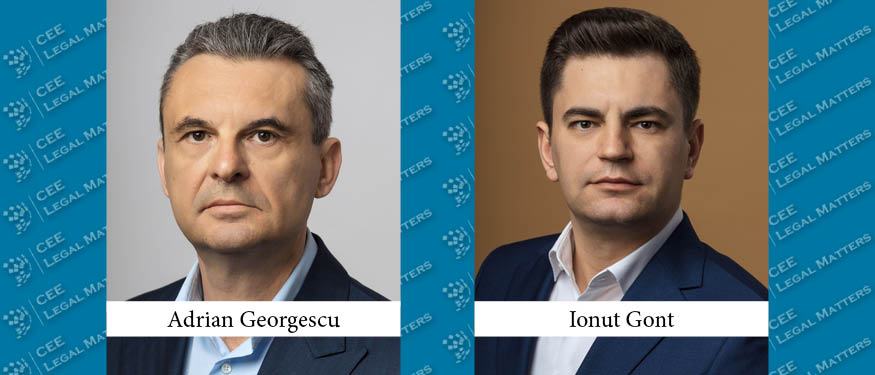Avellum has advised DTEK Renewables Finance on a successful consent solicitation in relation to its EUR 325 million 8.50% senior notes due 2024.
Koutalidis Advises Alpha Services and Holdings on EUR 300 Million Issuance
Koutalidis has advised Alpha Services and Holdings on its issuance of EUR 300 million fixed rate reset Additional tier 1 perpetual notes with a yield of 7.5%.
Schoenherr and White & Case Advise on OMV's EUR 1 Billion Corporate Bonds Issuance
Schoenherr has advised OMV Aktiengesellschaft on a EUR 1 billion corporate bonds issuance with Barclays, Erste Group, Mizuho, Raiffeisen Bank International, Societe Generale, and UniCredit serving as joint bookrunners. White & Case's Frankfurt office advised the joint bookrunners.
CK Legal advises PragmaGO on PLN 30 Million Series C6 Bonds Issue
CK Legal Chabasiewicz Kowalska has advised PragmaGO on the issue of series C6 bonds with a total nominal value of PLN 30 million with a 62,01% subscription reduction.
Weil and Sayenko Kharenko Advise on USD 23 Billion Restructuring of Ukraine’s Sovereign Debt
Weil and Sayenko Kharenko have advised an ad hoc committee of bondholders of Ukraine’s Eurobonds on a USD 23 billion restructuring of Ukraine’s sovereign debt. White & Case and Avellum reportedly advised the Ministry of Finance of Ukraine.
TGS Baltic Advises Siauliu Bankas on EUR 300 Million Notes Issuance
TGS Baltic, working with Dentons, has advised Siauliu Bankas on a EUR 300 million issuance of 4.25-year senior preferred fixed-rate reset notes. Linklaters and Sorainen reportedly advised the arrangers.
Clifford Chance Advises on Albaraka's Establishment of USD Sukuk Program
Clifford Chance has advised arrangers and dealers Emirates NBD Capital and Standard Chartered Bank on the establishment of Albaraka MTN Ltd.'s Shari’a-compliant trust certificate issuance program with Albaraka Turk Katilim Bankasi as the obligor.





















